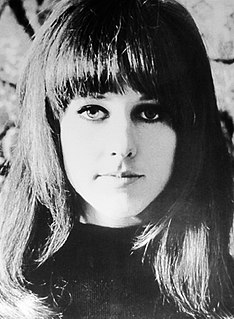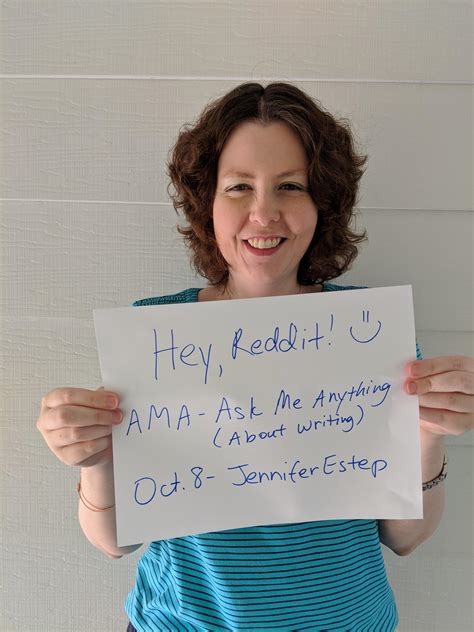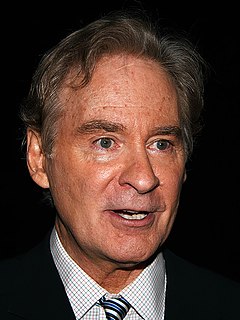A Quote by Pablo Picasso
The Parthenon is really only a farmyard over which someone put a roof; colonades and sculptures were added because there were people in Athens who happened to be working and wanted to express themselves.
Related Quotes
It was one thing to make a mistake; it was another thing to keep making it. I knew what happened when you let yourself get close to someone, when you started to believe they loved you: you'd be disappointed. Depend on someone, and you might as well admit you're going to be crushed, because when you really needed them, they wouldn't be there. Either that, or you'd confide in them and you added to their problems. All you ever really had was yourself, and that sort of sucked if you were less than reliable.
Kools and Newports were for black people and lower-class whites. Camels were for procrastinators, those who wrote bad poetry, and those who put off writing bad poetry. Merits were for sex addicts, Salems were for alcoholics, and Mores were for people who considered themselves to be outrageous but really weren't.
What passes for identity in America is a series of myths about one's heroic ancestors. It's astounding to me, for example, that so many people really appear to believe that the country was founded by a band of heroes who wanted to be free. That happens not to be true. What happened was that some people left Europe because they couldn't stay there any longer and had to go somewhere else to make it. That's all. They were hungry, they were poor, they were convicts. Those who were making it in England, for example, did not get on the Mayflower. That's how the country was settled.
My parents are from the South - they were both born in Birmingham - so my dad saw R.E.M. really early on when they were playing college stuff in Athens. He had a bunch of their cassettes from the '80s, and when I was 8, 9, or 10, those were the sort of things that were around the cassette player in the living room.
I see a steady downward slope toward oblivion over the next three years. I'm pessimistic. Everything that's happened to me so far has been kind of flukey. I went into Twentieth Century because I wanted to work for Hal Prince. The part was too small according to my agent. I had been doing only leading parts, and he thought I should continue that. But the part was enlarged in rehearsal: songs were added, and it became more physicalized and showy. Then I won awards and got attention.
We were interviewing an author, and we started talking about how so many of them - Salinger, Shaw, Fitzgerald - were really an odd bunch. They put a barrier around themselves, and not many people got through it. This was the spark that I really latched onto - someone who could break through the barrier. Of course [FINDING FORRESTER] really began to take shape when I began to wonder, what if it was a young person?
The Andrians were the first of the islanders to refuse Themistocles' demand for money. He had put it to them that they would be unable to avoid paying, because the Athenians had the support of two powerful deities, one called Persuasion and the other Compulsion.The Andrians had replied that Athens was lucky to have two such useful gods, who were obviously responsible for her wealth and greatness; unfortunately, they themselves, in their small & inadequate land, had two utterly useless deities, who refused to leave the island and insisted on staying; and their names were Poverty and Inability.
I was in a comfortable situation, I was on tour, it was cool, but it wasn't at all what I wanted to do. So I had to leave it, start over. My friends were like, 'You were doing something, now you're back at day one.' So people kind of look at you different when you start over. Everyone needs to challenge themselves like that.








































